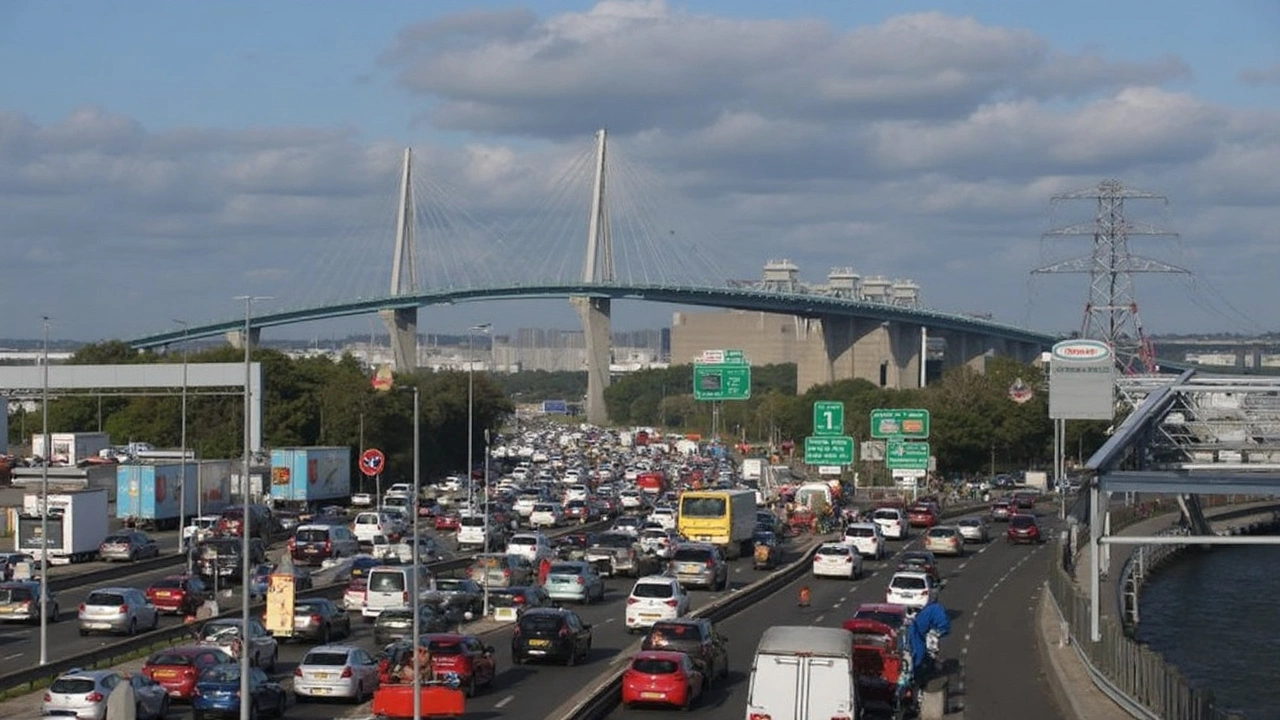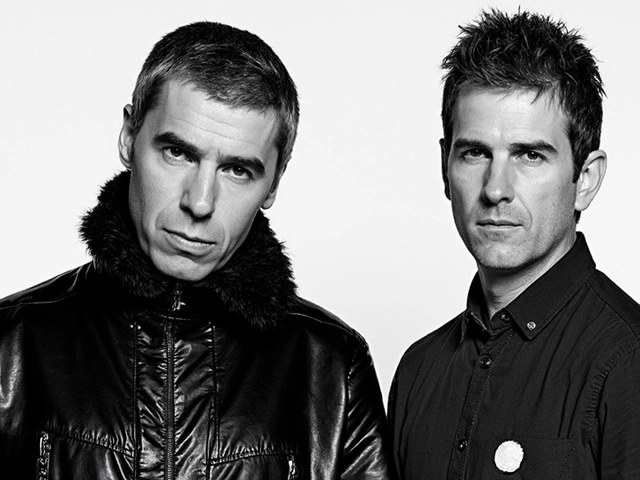Dartford Crossing Toll Surge: Fresh Blow for Drivers and Operators
If you've ever grumbled about paying to cross the Dartford Crossing, brace yourself. From September 1, 2025, toll charges are leaping by a hefty 40%. That means drivers of standard cars will see their fee jump from £2.50 to £3.50. But for truckers—especially those running multi-axle HGVs—the blow is even harder, with charges reaching £8.40 per trip. Two-axle commercial vehicles and coaches aren't far behind, moving up to £4.20.
This hike isn’t just a few extra coins. For regular users, especially logistics companies running fleets between Kent and Essex, it quickly stacks up to a serious cost. With over 150,000 vehicles using the crossing daily, it’s clear the Dartford corridor isn’t just busy—it’s a lifeline for regional and national business.
Businesses Feel the Pinch, Consumers Next in Line
The Road Haulage Association (RHA) didn’t waste time blasting the toll increase. Their policy lead, James Barwise, called out just how much this Dartford Crossing toll surge might hurt companies already fighting high fuel prices, insurance, and staff shortages. He predicts many will have no choice but to pass the cost along to consumers—so don’t be surprised if some everyday essentials get a little more expensive next year.
The RHA has always backed new infrastructure projects like the Lower Thames Crossing. Yet, with so few routes across the Thames for large vehicles, Dartford remains the one practical option for many operators. The crossing already has a reputation for monster queues and gridlock, so plenty argue the extra fees sting all the more, especially without a clear plan for quicker journeys or extra capacity in the near term.
Meanwhile, the Department for Transport is sticking to its guns. Officials point out that, if tolls had kept pace with inflation since their last change in 2014, they’d be higher than what’s planned now. They also argue raising the price is supposed to help manage demand and slow the endless flow of traffic clogging up the approach roads each day. Still, whether that actually eases congestion—or just makes drivers and businesses angrier—is an open question.
For some, the pain will be limited. Motorcycles, as well as all vehicles crossing between 10pm and 6am, will remain exempt from the new charges. But it’s cold comfort for anyone working outside those hours or running a haulage business, coach company, or delivery service that depends on daytime crossings to stay afloat.
In the end, Dartford Crossing remains the backbone connecting Kent and Essex. It’s hard to imagine a working day in the South-East without it, yet for anyone using it often, these rising tolls are one more headache that’s tough to ignore.





